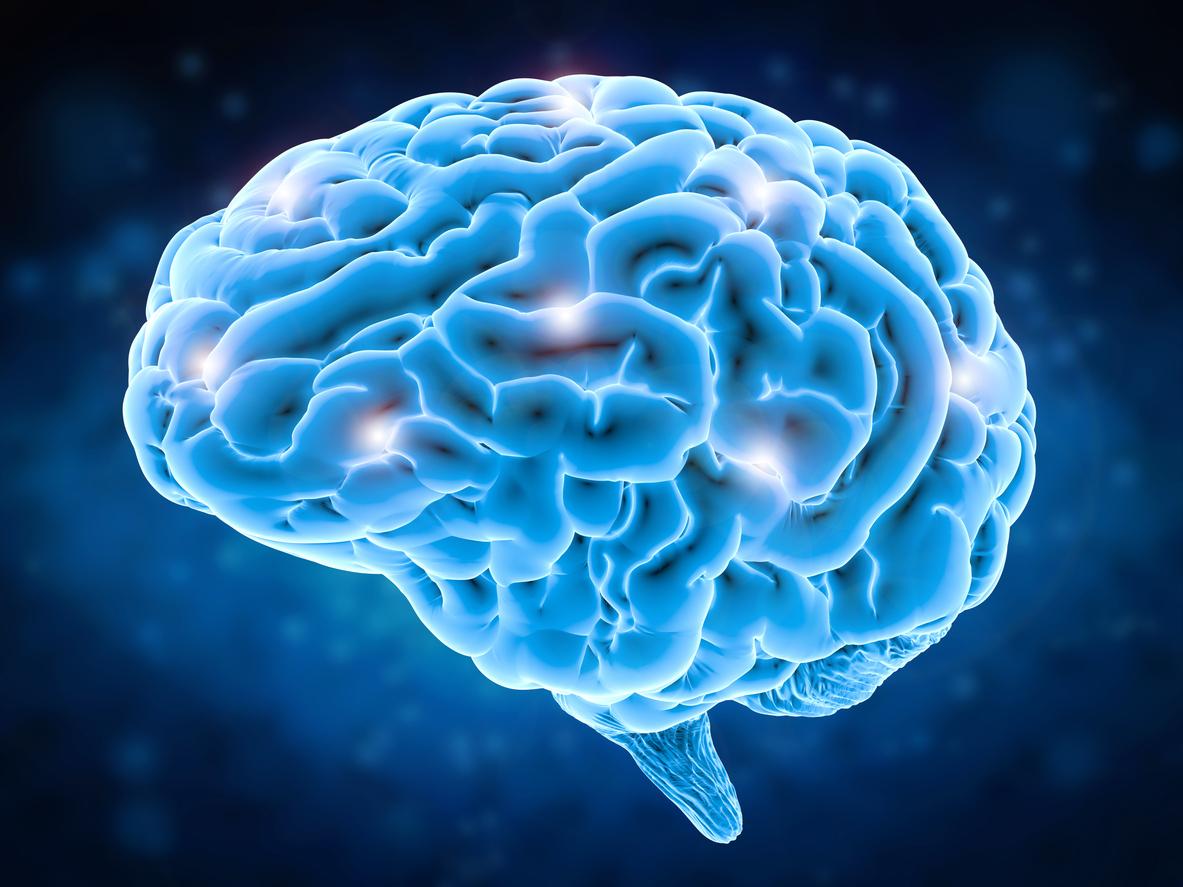Inflammation and disruption of the intestinal microbiota, a characteristic and one of the causes of IBD, would play an essential role in the onset of depression in patients with Crohn’s disease and ulcerative colitis.

- According to a study, ulcerative colitis and Crohn’s disease may be linked to depression.
- About 30% of patients with inflammatory bowel disease (IBD) develop depression.
- IBD is caused by a deregulation of the intestinal immune system and affects more than 200,000 patients in France.
The gut-brain axis reveals a new secret! We now know more about the role of the two-way intimate connection between our two brains, the gastrointestinal system and the central nervous system, in the development of certain diseases.
Depressive symptoms
In effect, according to researchers from the University of Southern California in the United States, Ulcerative colitis and Crohn’s disease, which constitute inflammatory bowel disease (IBD), may be linked to depression.
In the study, the scientists point out that 30% of patients with IBD, which develops from a dysregulated immune response of the gut microbiota in a genetically susceptible individual, meet the criteria for lifelong depression, and up to 60% of them present depressive symptoms.
Recent studies have shown that patients with IBD also have an increased risk of anxiety, Parkinson’s disease and dementia.
And conversely, patients with depression have a higher risk of developing IBD.
9 times higher risk
By studying 11 years of medical data on 20 million people living in Taiwan, US researchers found that patients diagnosed with IBD had (approximately) a 9 times greater risk of developing depression.
Conversely, patients diagnosed with depression had (approximately) twice the risk of developing IBD during their lifetime.
American researchers have also observed the existence of a “family risk”: thus, relatives (brothers and sisters) of patients with IBD present a risk twice as high of developing depression, a risk that they put on account of potential genetic and environmental factors.
Dysbiosis
Neuropsychiatric involvement in IBD likely reflects factors such as symptom burden, chronic inflammation, and gut microbiota disruption (dysbiosis), which are associated with these enteric diseases.
Indeed, the intestinal flora has the ability to synthesize and release a variety of neurotransmitters and neuromodulators such as dopamine, serotonin and gamma aminobyturic acid (GABA), an amino acid and the main inhibitory neurotransmitter of the central nervous system. , the imbalance of which is linked to bipolar disorder, schizophrenia and anxiety disorders.
A recent study reported the ability of chronic stress to alter the gut microbiota, providing evidence for the ability of mental health to influence gut inflammation.
Additionally, disruption of the gut microbiota has been found in other diseases comorbid with depression, most notably in inflammatory diseases, including rheumatoid arthritis and systemic lupus erythematosus.
A pro-inflammatory diet (meat, dairy products and gluten) should be avoided in case of dysbiosis of the intestinal microbiota.

















